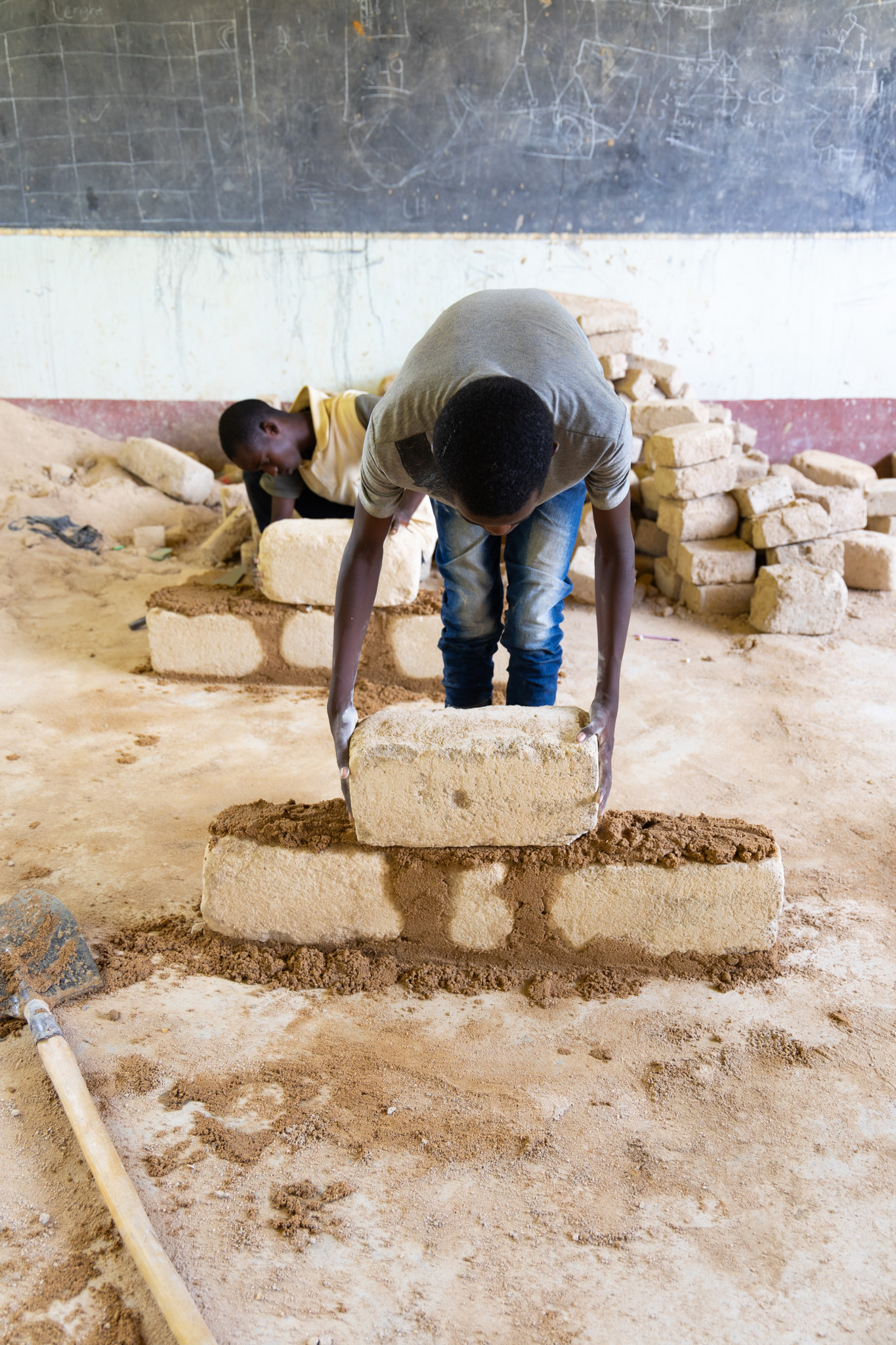Empowering Young People in Marsabit: A Story of Hope and Transformation
Imagine walking into a classroom at Laisamis Technical Institute (LTTI) or Moyale Vocational Training Center (MVTC) in Marsabit County, Kenya. You're greeted by the bright faces of young people – faces beaming with hope, enthusiasm, and the promise of a brighter future. These are just some of the 15 youths whose lives are being transformed thanks to a partnership between World Vision Kenya, the International Organization for Migration (IOM) Kenya, and the Candle of Hope Foundation.
Marsabit County is a region classified as arid and semi-arid (ASAL). Here, the harsh realities of climate change and economic instability weigh heavily on communities that rely on livestock keeping for their survival. Droughts, floods, and famines are constant threats, pushing these pastoral communities into vulnerability and displacement. This situation is further compounded by their proximity to the Kenya-Ethiopian border, making them susceptible to widespread human trafficking, and forced labour.
The JTIP Project, funded by the U.S. State Department's Trafficking in Persons (JTIP) programme, is a beacon of hope for these communities. Through this project, 15 young people from Moite, Arapai, and Odda villages have been selected to pursue vocational training at LTTI and MVTC. These targeted youth are receiving training in a variety of in-demand skills, including welding, electrical installation, motor vehicle maintenance, hairdressing and beauty, tailoring, masonry, ICT, and carpentry. The courses range from six to twelve months, equipping them not only with practical knowledge but also with the confidence and entrepreneurial spirit to become self-reliant. The practical skills gained will enable the VoTs to engage in entrepreneurship startups that will position them as highly resilient and self-reliant individuals in their communities, and who can withstand any forces of re-trafficking by climate change-related challenges.
The goal is not only to equip them with practical skills and knowledge but also to instil a sense of self-reliance and entrepreneurship, fostering community development and preventing further population movement.
The JTIP project is about more than just acquiring skills. It's about empowering young people to become agents of change within their communities. By equipping them with the tools they need for gainful employment or business startups, the project aims to reduce vulnerabilities to trafficking and displacement caused by climate change. These young people have the potential to become role models, inspiring others to pursue education and sustainable livelihoods.
The success of this project hinges on the strong collaboration between IOM Kenya, World Vision Kenya, the Candle of Hope Foundation, and the beneficiary communities. Engagement meetings are held regularly to monitor progress and ensure the project meets the needs of both the participants and the institutions.
"Upon completion of their courses, these youths are poised to become role models within their villages and communities," says Mr. Rotich, the Principal of Laisamis Technical Training Institute. He emphasises the importance of this initiative in equipping young people with the skills they need to adapt to the challenges of climate change.
One aspiring motor vehicle mechanic envisions opening a workshop in his village, while another dreams of becoming a successful tailor. The project provides tailored support that aligns with their individual aspirations, nurturing not just skills but also dreams of entrepreneurship and community leadership.

As these young people complete their training, they will have the opportunity to gain practical experience through industrial attachment programmes. This will prepare them to enter the workforce or launch their businesses.
This initiative, supported by the commitment of IOM Kenya, World Vision Kenya, and the Candle of Hope Foundation, is a testament to the power of partnership. By investing in the futures of these young people, we are not only changing individual lives but also laying the groundwork for a more prosperous and resilient Marsabit County. The project participants illuminate a path to a brighter future, not just for themselves but for their communities and generations to come.
By Jared Ontobo, The Emergency Communications Specialist, World Vision Kenya